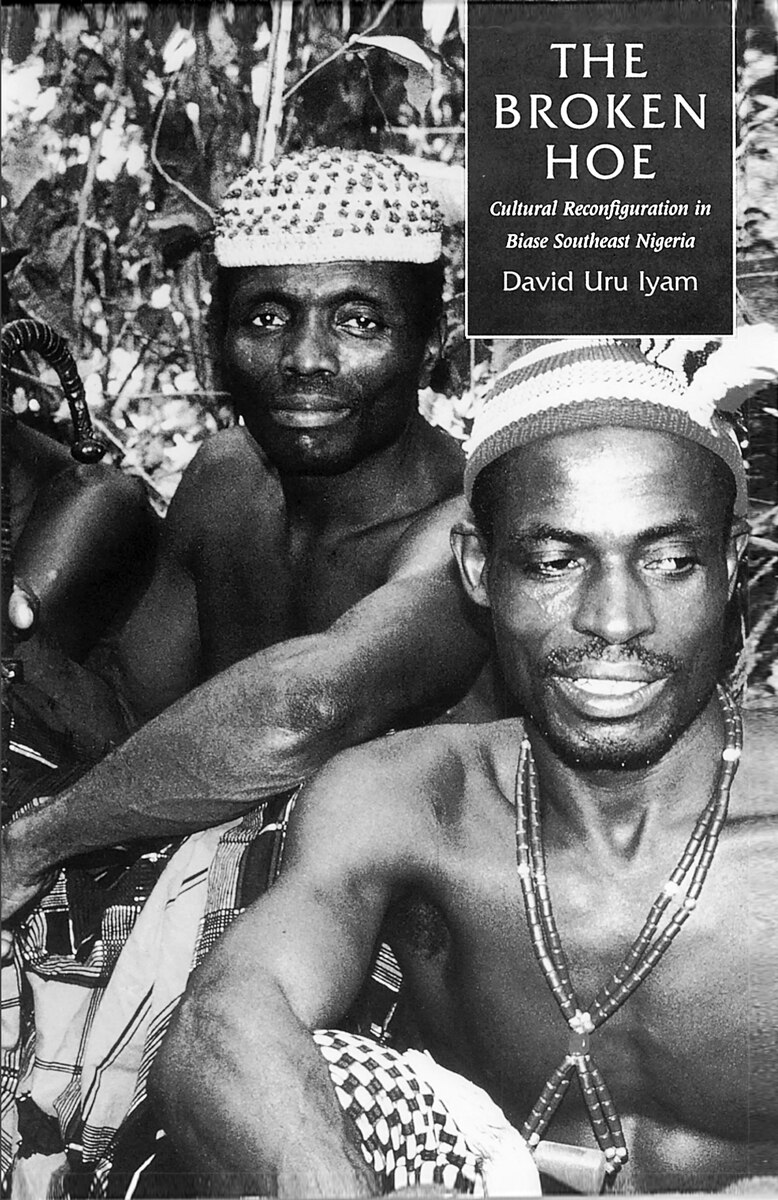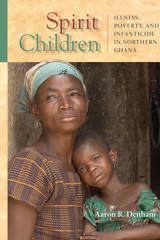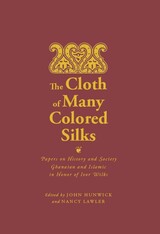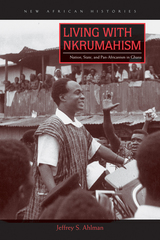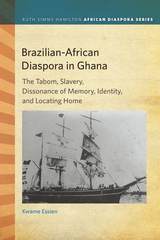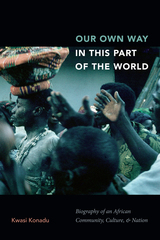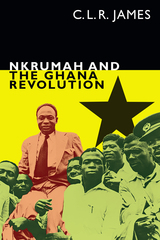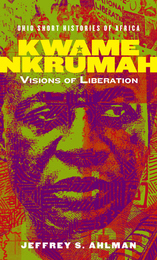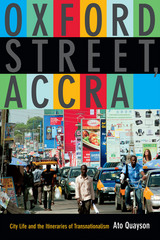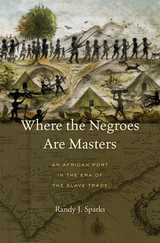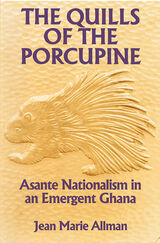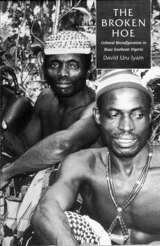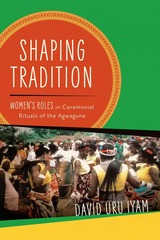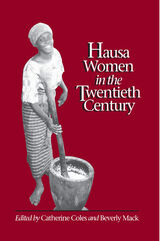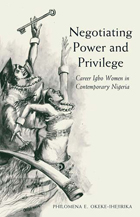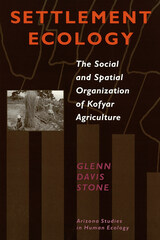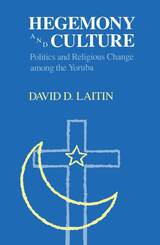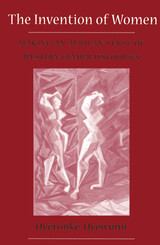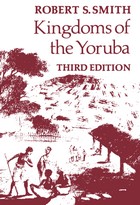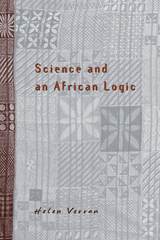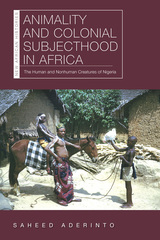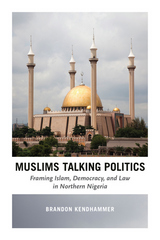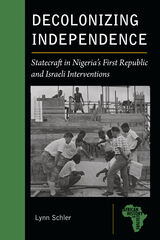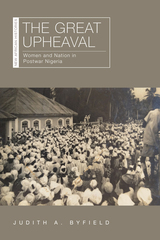The Broken Hoe: Cultural Reconfiguration in Biase Southeast Nigeria
University of Chicago Press, 1995
Cloth: 978-0-226-38848-9 | Paper: 978-0-226-38849-6
Library of Congress Classification DT515.45.B5I93 1995
Dewey Decimal Classification 307.720966944
Cloth: 978-0-226-38848-9 | Paper: 978-0-226-38849-6
Library of Congress Classification DT515.45.B5I93 1995
Dewey Decimal Classification 307.720966944
ABOUT THIS BOOK | TOC | REQUEST ACCESSIBLE FILE
ABOUT THIS BOOK
In this study of the Biase, a small ethnic group living in Nigeria's Cross River State, David Uru Iyam attempts to resolve a long-standing controversy among development theorists: must Third World peoples adopt Western attitudes, practices, and technologies to improve their standard of living or are indigenous beliefs, technologies, and strategies better suited to local conditions?
The Biase today face social and economic pressures that seriously strain their ability to cope with the realities of modern Nigeria. Iyam, an anthropologist and a Biase, examines the relationship between culture and development as played out in projects in local communities.
Western technologies and beliefs alone cannot ensure economic growth and modernization, Iyam shows, and should not necessarily be imposed on poor rural groups who may not be prepared to incorporate them; neither, however, is it possible to recover indigenous coping strategies given the complexities of the postcolonial world. A successful development strategy, Iyam argues, needs to strengthen local managerial capacity, and he offers suggestions as to how this can be done in a range of cultural and social settings.
The Biase today face social and economic pressures that seriously strain their ability to cope with the realities of modern Nigeria. Iyam, an anthropologist and a Biase, examines the relationship between culture and development as played out in projects in local communities.
Western technologies and beliefs alone cannot ensure economic growth and modernization, Iyam shows, and should not necessarily be imposed on poor rural groups who may not be prepared to incorporate them; neither, however, is it possible to recover indigenous coping strategies given the complexities of the postcolonial world. A successful development strategy, Iyam argues, needs to strengthen local managerial capacity, and he offers suggestions as to how this can be done in a range of cultural and social settings.
See other books on: Biase (African people) | Cross River State | Nigeria | Rural | Rural development
See other titles from University of Chicago Press
